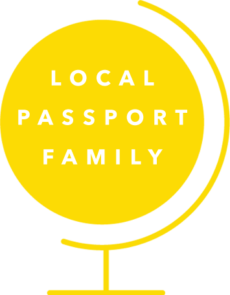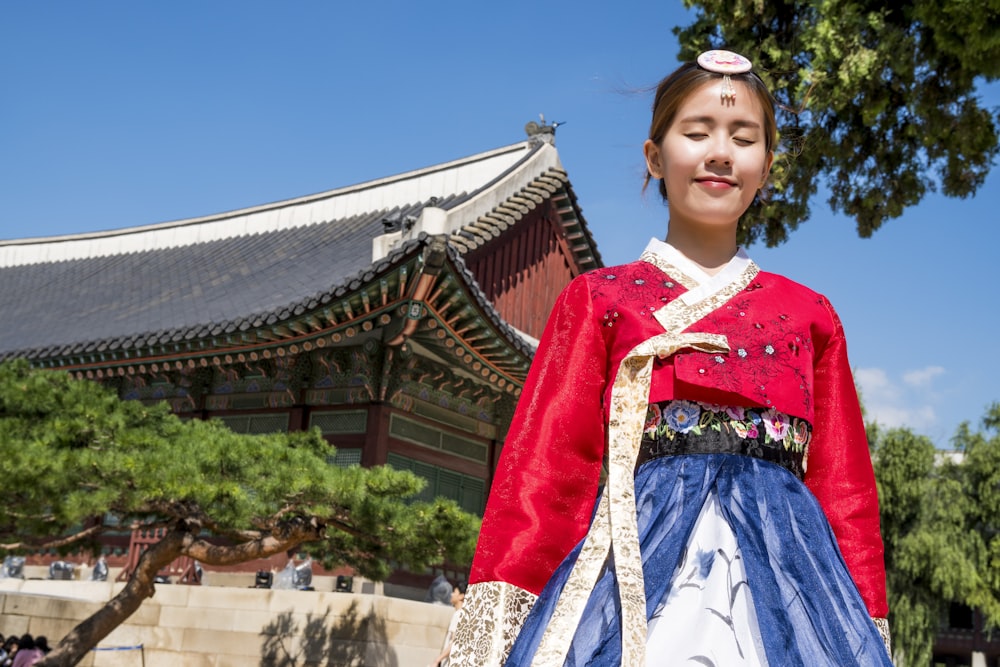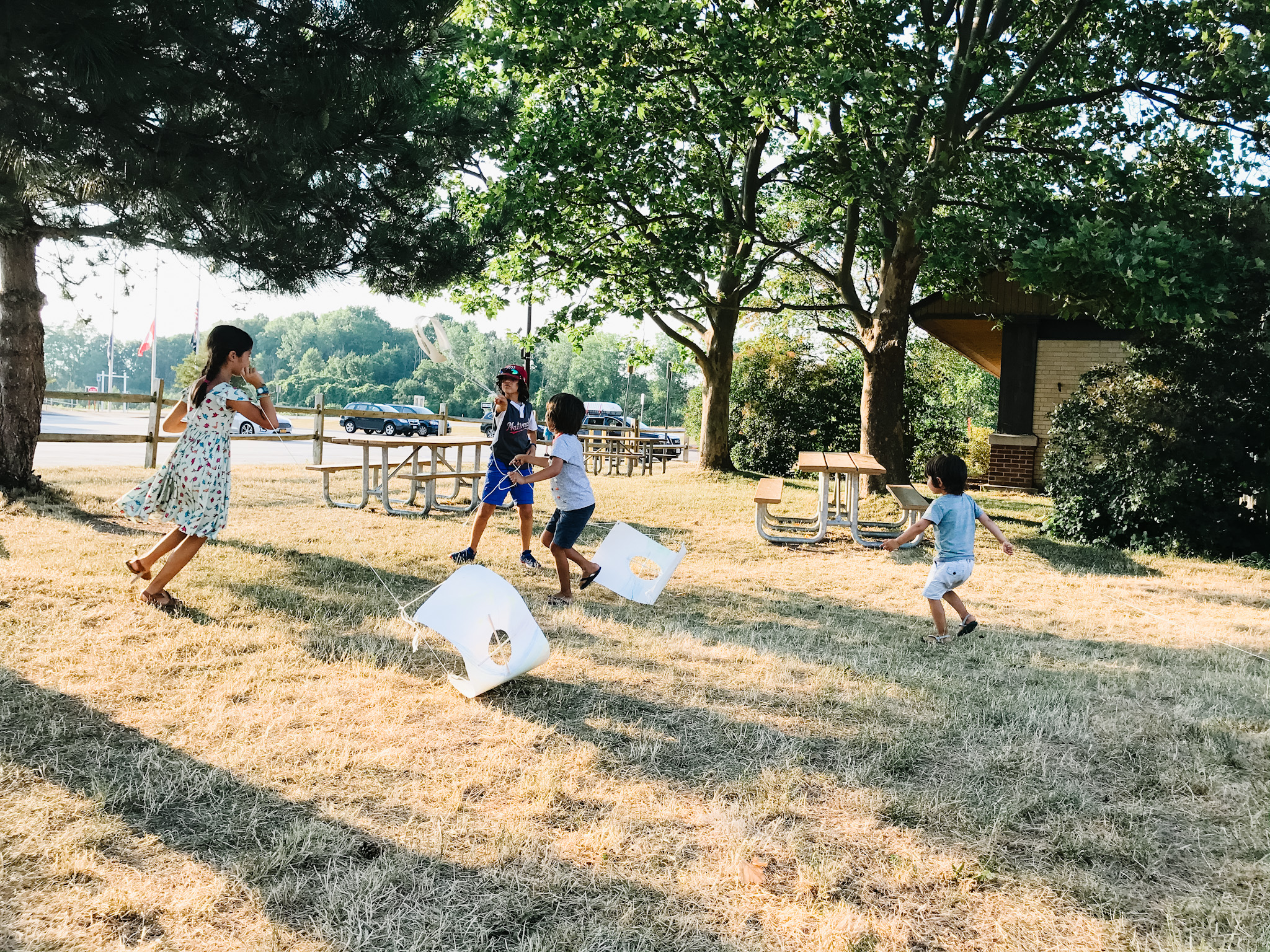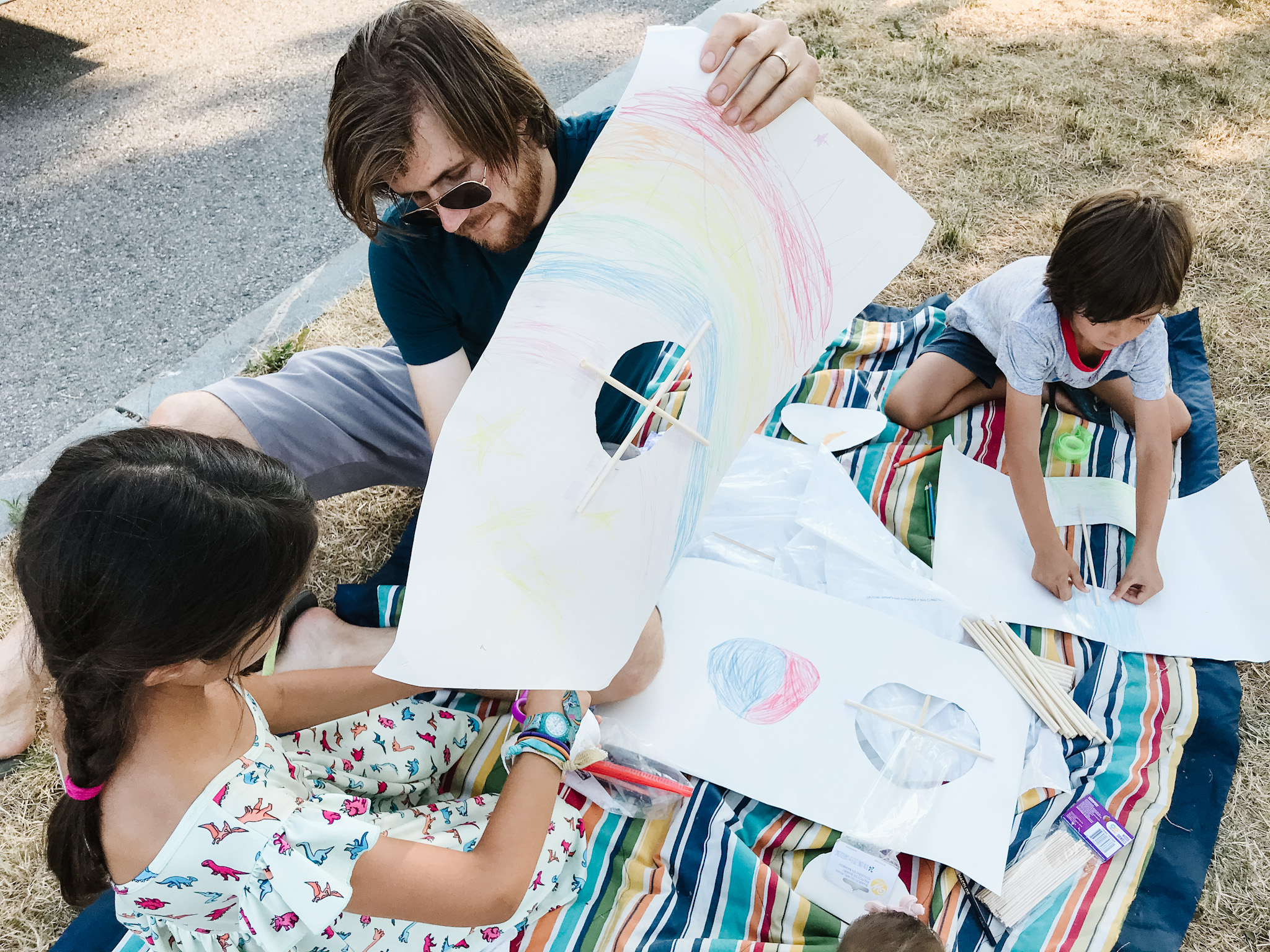Welcome to S is for South Korea for the Global Children’s Book Club! Today we’ll be going on a virtual tour of South Korea with kids. Get ready for a fun and inspiring South Korea virtual field trip – perfect for global education at home or for a South Korea homeschooling unit.
You can find the full list of countries for the book club right HERE. Be sure to sign up for the email list to get all the information in advance and to receive fun extras!
Get your FREE Alphabet Printable Passport here!
Here’s the 2020 Global Children’s Book Club discussion schedule!
This South Korea virtual tour contains affiliate links, but all opinions are 100% my own. That means I earn a small commission if you purchase through my link, but doesn’t change your price.
S is for South Korea: South Korea Virtual Tour for Kids
Table of Contents
Featured South Korea Book
The Name Jar by Yangsook Choi (Author, Illustrator)
Read Aloud (not from the author)

The Name Jar Picture Book Discussion Questions
- What does your name mean? Do you think about what your name means very often? How could understanding what your name means help you make good choices?
- Some people choose to go by a different name when they move to a different country to fit in better. Do you think someone should feel like they need to change their name to fit in?
- Have you ever had to help people say your name correctly? Have you ever had a hard time saying someone else’s name? How could you help make that person feel more comfortable sharing their name?
- Have you ever been the “new kid?” How did it make you feel? Did anyone do anything to make you feel more like you belong? How can you help someone new or different feel more like they belong?
- “Whitened” names are twice as likely to be called up to interview for a job (U. Toronto 2017 study), even when all of the qualifications for the job were the same and the company and people involved had stated a commitment to diversity. How can you make sure that you don’t – even accidentally – assume things about another person because of their name?
Other South Korea Books for Kids
South Korea Facts
South Korea Basic Facts
- The capital of South Korea is Seoul.
- The official name is the Republic of Korea in English, 대한민국 (Daehan Minguk) in Korean writing (Hangeul).
- Moon Jae-in is the current President of South Korea.
- South Korea is located in East Asia.
- The country is bordered by the Democratic People’s Republic of Korea (North Korea) to the north.
- Korean is the official and national language of South Korea. The Hanguk dialect is spoken in South Korea.
- The currency in South Korea is the South Korean won = 1200 South Korean won ~ $1 USD
- Korea has 4 distinct seasons.
- Some of the common religions are: Protestant Christianity (19.7%), Korean Buddhism (15.5%) Catholic Christianity (7.9%)
- The main industries include textile, steel, car manufacturing, shipbuilding and electronics. South Korea is the world’s largest producer of semiconductors.
South Korea Fun Facts
- You are one year old as soon as you are born in Korea.
- The YouTube video of Gangnam Style was the most-watched YouTube video ever. BTS has had more views in 24-hours than any other video in the history of videos. The all-girl band Blackpink just broke a record for the most simultaneous views of a video, when 1,650,000+ people watched “How You Like That.”
- Korean culture highly values family, ancestors, and respecting elders.
- On average, Koreans work a 55-hour week, 15-hours longer than what is standard in the US.
- People who live in Seoul sleep an average of less than six hours per night.

- Even though restaurants in Seoul typically close at 11pm, stores often stay open until 4am!
- It is common to match outfits with your significant other in South Korea. #Twinning
- For nearly 1,500 years, women in Jeju have worked outside the home diving for sea urchins, abalone, and octopus while their husbands stay home with the children.
- The hanbok is a type of dress honored as a treasure of Korean culture.
- 1 in 5 South Koreans has the last name of “Kim.”
- Koreans love love – why have just one Valentine’s Day when you can have 12? The 14th of every month is dedicated to a show of affection for couples, including Hug Day (December), Kiss Day (June), and Diary Day (January) when couples give each other calendars pre-marked for significant days to commemorate together (I recommend Loom Journals for this purpose!)
- Christmas is an official holiday in South Korea, as 1/3 of South Korea is Christian. Don’t expect to see a red-suited “Father Christmas” show up on your roof, though; Santa in Korea normally wears blue and is referred to as “Grandpa Santa.”
Color in South Korea on this map of Asia!

South Korea with Kids: Flag Activity
The South Korean flag has three parts: a white background, a red and blue Taegeuk in the middle and four black trigrams facing each corner.

Flag from HERE
HERE is a fun printable South Korea flag coloring sheet!
South Korea Virtual Tour to a Featured Landmark
Gyeongbokgung
Gyeongbokgung Palace was built in 1395 in Seoul. It is the largest of the Five Grand Palaces built by the Joseon dynasty and is the greatest example of ancient Korean architecture. Prince Regent Heungseon decided to restore all 7,700 rooms and 500 buildings.

Cheomseongdae
Probably the oldest surviving star-gazing tower in the world. Built almost 1400 years ago, people who wanted to look a little more closely at the stars could climb a ladder on the outside of the structure and crawl through a little window where they could climb higher. It influenced astronomers in Japan and China.
Featured South Korean Artist: Paik Nam-june
Paik Nam-june learned to play classical piano as a child, and studied philosophy as an adult. He saw how technology could connect everyone and, in the early 1970s, described the future as an “Information Superhighway.”
Paik made music using everyday sounds before founding Video Art. For example, he stacked TVs in the shape of a cello and controlled the videos on each screen to play a different cellist performing the same song. He made a variety of other shapes out of TVs that involved carefully created videos, like a robot riding a horse or an outline of a country.

Featured Important South Korean Person: Seo Taji and Boys
K-Pop music is famous for combining different styles of pop music with other musical elements from around the world. This mixing happened at least as early as 1885 when a Pennsylvanian Protestant missionary taught Korean lyrics with English folk songs. More popularly, Seo Taiji & Boys performed some English lyrics and hip hop dance moves to Korean tunes on a Korean talent show in 1992. This moment started Hallyu, or the modern “Korean culture wave,” in which so many other parts of the world have grown to love Korean culture.

Featured South Korean Food: South Korean Recipes for Kids
- Kimchi has been around for almost 800 years, and is eaten at every meal! It is so common that children are taught to say “kimchi” to smile for a picture! You can make your own, or save some time and buy one of the 170 varieties.
- Over 90% of the world’s seaweed for people to eat comes from South Korea.
- Bulgogi – thin cuts of beef cook quickly on a hot pan. The secret is marinating early and long – you can buy the sauce or make your own.
- Bibimbap – There are many ways to make “mixed rice with meat and a variety of vegetables” (which is what bibimbap means) – a clever and acceptable way of using what you have on hand.
South Korean Craft & Culture Activity for Kids
Lunar New Year Kite in “Stained Glass”
Kim Yu-sin first flew kites in the 7th century, and South Koreans especially gather on Lunar New Year to fly kites. They sometimes let their kites go by cutting the string to ward off misfortune for the coming year. There are over 100 types of kites in South Korea, and Bangpaeyeon (방패연)is the most common.
Materials
- Take the two long dowel rods/sticks and cross them in the middle in the shape of an “X.” The four ends of the dowel rods will become the four corners of the kite.
- Tie the two rods together in the middle with string. Wrap them well and close it off with a double knot.
- Place the garbage bag over the rods and cut it down to size. Before removing the garbage bag from over the dowels, cut a circle hole about 2-3″ wide in the center of the garbage bag where the dowels cross.
- Now get creative designing your kite using Korean symbols, words and colors! Use the markers to design them however you’d like.
- When you have finished your design, tie the kite to the frame using string.
- Cut a string long enough to reach both sides of the same dowel with some slack. Before tying it on to both ends of the same dowel, cut a second string of the same length. Now tie one of the strings to both ends of the same dowel, and repeat for the second dowel.
- Tie on the flying string! Where those two dowel-length strings cross, tie a third super-long string to keep them together. You will hold one end of this string when flying your kite.
- Go fly a kite! If you want to ward off misfortune for the coming year, grab scissors and cut the string so your kite can fly off!

South Korean Art Books
Other South Korea Kids Activities
- Watch a K-Pop Music Video a few times and record yourself lip syncing it.
- Tie a Good Luck Knot
- Make a paper drum decorated with a Taegeuk
Animals in South Korea
Both the tiger and rabbit are important Korean folk symbols. Some Koreans say the Korean Peninsula is shaped like a tiger and others, a rabbit. Both animals are found in Korean folktales and folk art.
The Lynx, Siberian Musk Deer, Common minke whale, Korean Goral (a type of goat) and Amur leopard are all found in South Korea. You can learn more about Korean animals here.

South Korea Movement Activities
Taekwondo
A Korean warrior started practicing how to fight without weapons about 2,000 years ago, and Tae Kwon Do “the way of the first and foot” was born. It is now an official Olympic Sport, with competitors training in 188 countries.
Maybe you’ve already mastered the art of kicking four targets in the same jump. If not, try out this beginner’s lesson.

Golf
No country produces as many top golfers as South Korea: 38 of the top 100 women golfers in the world are South Korean! Lydia Ko remains the youngest golfer to ever win a professional tournament at age 14. You could try to hit a golf ball around in your backyard or a nearby park, or maybe even build your very own improvised mini-golf course!
Kid Movies About South Korea
South Korea Conversations with a Local: Culture, History, & Food Discussion Video

South Korea with Kids Discussion Questions
- What are some of the pros and cons of working a lot of hours every day?
- Paik Nam-June predicted several things about the near future. What kinds of things do you think will change in the next 40 years?
- If you were to mix two kinds of music or dance to create a new style, which ones would you mix? What would you call it?
- South Korea is the world’s largest producer of semiconductors, which are used in lots of electronic devices, cars and appliances. What stuff would not be in your house if computer chips did not exist?
- What important days would you mark in a family calendar to make sure you never forget?
Thanks for Taking a Virtual Visit to South Korea With Us!
We’ve loved putting together this resource to virtually visit South Korea. We’d love to hear if you do any of these activities for a homeschooling South Korea unit, or if you visit in person!
We hope to inspire curiosity and connection through exploring and learning, and we hope this guide helps you and your families. Please share any activities you do with us over on our Instagram. And we’d be delighted if you passed this South Korea for kids virtual tour and homeschooling resource along to others, as well!
MORE POSTS
IF YOU LIKED THIS POST ABOUT SOUTH KOREA FOR KIDS, YOU MIGHT LIKE THESE POSTS TOO:
- GCBC Virtual Travel Guides
- 7 Reasons to Visit India with Kids
- 10 Tips for Airbnb Hosts: Renting Out Your Home
NOT READY FOR A SOUTH KOREA HOMESCHOOLING UNIT QUITE YET? PIN THIS POST FOR LATER!






















[…] 7th: India December 8th: Thailand December 9th: South Korea December 10th: Japan December 11th: […]
[…] New Year is a perfect time to learn more about different Asian countries, such as China with Kids, Korea with kids, or the Philippines with kids. It’s a wonderful opportunity to study diverse and beautiful […]
[…] South Korea virtual field trip […]
[…] S is for South Korea […]